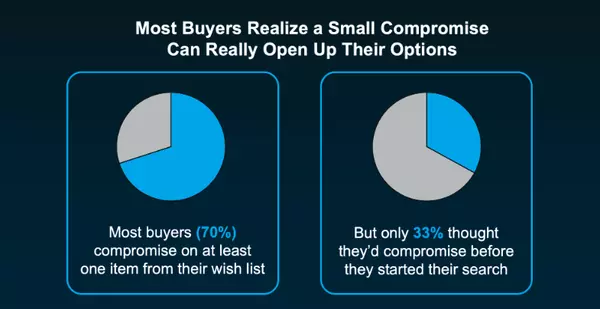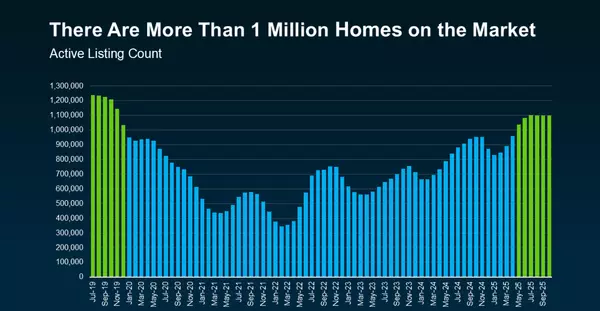More Buyers Are Planning To Move in 2026. Here’s How To Get Ready.
More Buyers Are Planning To Move in 2026. Here’s How To Get Ready. Momentum is quietly building in the housing market. New data from NerdWallet shows more Americans are starting to think about buying a home again. Last year, 15% of respondents said they planned to buy a home in the next 12 months. T
Not Sure If You’re Ready To Buy a Home? Ask Yourself These 5 Questions.
Not Sure If You’re Ready To Buy a Home? Ask Yourself These 5 Questions. If you’re trying to decide if you’re ready to become a homeowner in the next twelve months, there’s probably a lot on your mind. You’re thinking about your finances, today’s mortgage rates, home prices, the current state of the
Why a Flexible Home Wish List Can Be Your Biggest Advantage in Today’s Market
Why a Flexible Home Wish List Can Be Your Biggest Advantage in Today’s Market When you’re navigating the homebuying process, especially in today’s competitive market, one smart strategy can make all the difference: staying flexible with your wish list. As a local real estate agent, I see it every da
The 3 Housing Market Questions Coming Up at Every Gathering This Season
The 3 Housing Market Questions Everyone’s Asking This Season Holiday gatherings have a funny way of shifting from Christmas cookies to interest rates in about five minutes flat. Whether it’s family, coworkers, or friends you haven’t seen since last year, the housing market always comes up. As your g

Haley Team
Phone:+1(270) 726-2900





